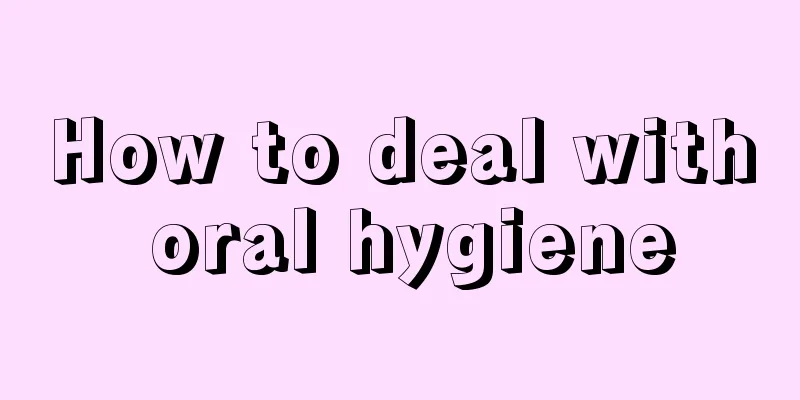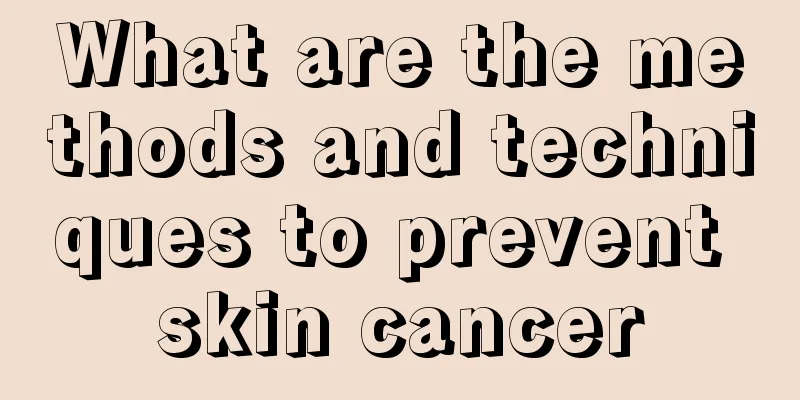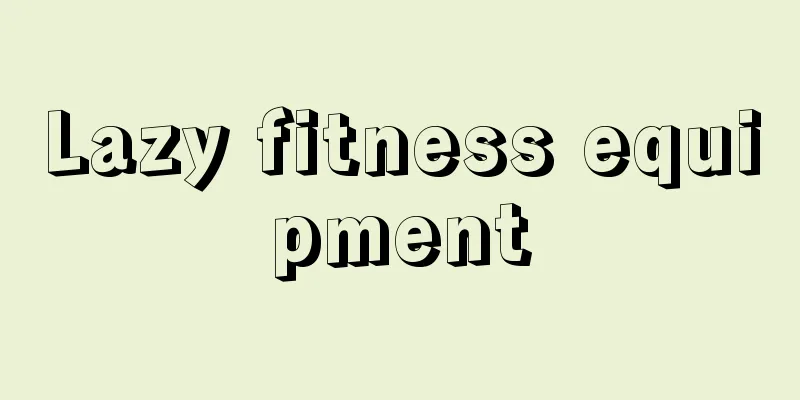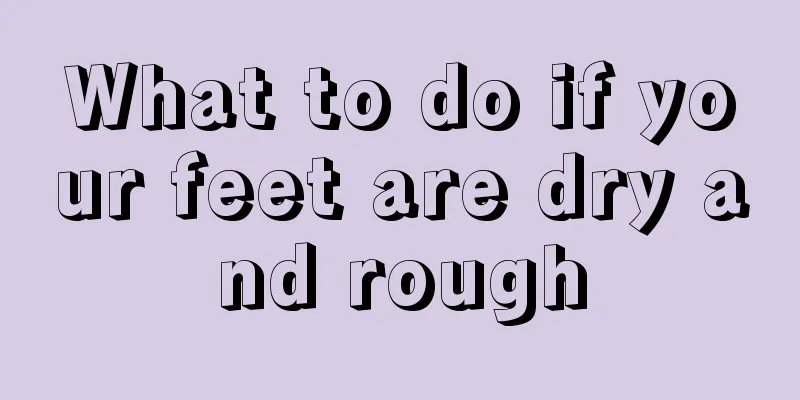How to deal with oral hygiene

|
Nowadays, brushing teeth has become a must in people’s daily lives. Many people attach great importance to their oral hygiene and brush their teeth every morning and evening. However, problems with oral hygiene may occur. Why? It is because when brushing your teeth, people do not use the correct brushing posture and do not use the oral cleaning tools that are suitable for them. So how should we deal with oral hygiene? Let me give you a brief introduction. 1. Dental floss: It is generally divided into two types: waxed and non-waxed. The most important thing about dental floss is the method of operation. Improper operation can easily scratch the gums. Therefore, dental floss should be operated correctly under the guidance of a dentist to make it work. Dental floss is used after meals. In addition to people with orthodontic treatment, irregular teeth, and crowded teeth, it is more inconvenient to use dental floss. Dental floss sticks, interdental wires, and interdental brushes (used for large gaps between teeth, also portable) are also tools for cleaning gaps between teeth that are as easy to use as dental floss. Dental floss should be selected based on its softness and elasticity. Dental bridge wires are used for a whole row of dentures, and toothpicks are used for large gaps between teeth or as substitutes when dental floss is not available. The correct way to brush your teeth varies from person to person. The Bayes method can provide more than 80% of people with the correct way to brush their teeth. Brushing your teeth is not just about brushing your teeth. The gums are also the focus of cleaning. If you want to know whether your brushing method is correct or whether there is dental plaque, you can use it with a plaque indicator. The frequency of brushing your teeth should be based on a certain number of times. In fact, the frequency of brushing your teeth can only be increased, not reduced. Generally, it is based on brushing after three meals and before going to bed (four times). It is best to brush your teeth after each meal. Reducing the frequency will make the oral bacteria unbalanced. In addition to brushing the teeth and gums, the tongue should also be brushed clean to avoid the accumulation of dental plaque on the tongue. In fact, rinsing your mouth can only remove large food residues and rice grains, but it has no effect on dental plaque, bacteria, etc. 2. Toothbrush: There are many types of toothbrushes, including wavy, curved, super soft, hard bristle, etc. Generally speaking, dentists recommend the following toothbrushes: 1. The toothbrush head is small, making it easier to brush the inside of the mouth and the corners of the teeth. How long does it take to get a half mouth dental implant? 2. The gaps between the bristles of the toothbrush are large, which is better for cleaning the shape of teeth and deep into the gaps between teeth. 3. Three vertical rows and six horizontal bundles. Unless you are a patient with oral mucosal diseases or periodontal diseases, generally speaking, you do not need to use extra-soft toothbrush bristles to clean your teeth. In fact, in addition to choosing a good toothbrush, the force of brushing is also very important. Some people brush their teeth in a violent way, which causes the atrophy of the oral gums, wear of the tooth neck and pain caused by cold and heat. 4. The service life of a toothbrush is generally to be replaced every two to three months. As for the way to brush your teeth, you can use the Bayesian method. You can bring a toothbrush and ask your dentist for the correct way to brush your teeth. The appropriate size of the toothbrush is to place the brush head horizontally, about two to three teeth away from your front teeth. If an adult has a smaller mouth, they should use a children's toothbrush and brush with a force of 110g. People who are prone to vomiting when brushing their teeth should also use a children's toothbrush. 3. Toothpaste: There are additives such as sea salt, fluoride, chlorophyll, etc. Generally, toothpaste contains fluoride to prevent tooth decay. As for other additives such as zinc, tin, hydroxide apatite, etc., they are mainly used for desensitization. The above is my detailed introduction on how to deal with oral hygiene and the correct way to use a toothbrush in daily life. So I believe everyone has a certain understanding of how to deal with oral hygiene. Now it is winter, and we should drink more water and stay hydrated. It is not suitable to drink too cold mineral water, eat more vegetables and less sweets. |
>>: How to protect oral hygiene
Recommend
How does lymphoma endanger human health
Lymphoma is the malignant transformation of lymph...
What causes pus in stool?
What does pus in the stool mean? In fact, you nee...
What is the best water to soak black fungus
Black fungus is an edible fungus that we often ea...
What are the symptoms of heart spasm?
The heart is the most important organ in the huma...
Why are my eyes getting smaller?
Many people will find that their eyes are getting...
Why does tooth acid occur when brushing teeth
Teeth are the hardest part of the human body, but...
What happens when beer and liquor are added
Alcohol is an indispensable part of daily life. W...
Moxibustion Taichong acupoint
Moxibustion is a very common health care method i...
What are the precautions for liver care
The liver is one of the most important organs in ...
What is the normal blood oxygen level_normal blood oxygen concentration
Humans rely on oxygen to survive, and oxygen can ...
Experts analyze why radiotherapy is the first choice for nasopharyngeal carcinoma
As a common cancer disease, nasopharyngeal carcin...
Is it harmful to apply lipstick on eyelashes
In our lives, most people want their eyelashes to...
What causes heartburn and acid reflux? Be alert to gastric cancer!
People say that a healthy stomach means a healthy...
Can moxibustion treat rheumatoid arthritis?
The method of moxibustion is trusted by many frie...
Is it good to eat apples on an empty stomach in the morning? Will it cause harm?
Although bananas are not allowed to be eaten on a...









